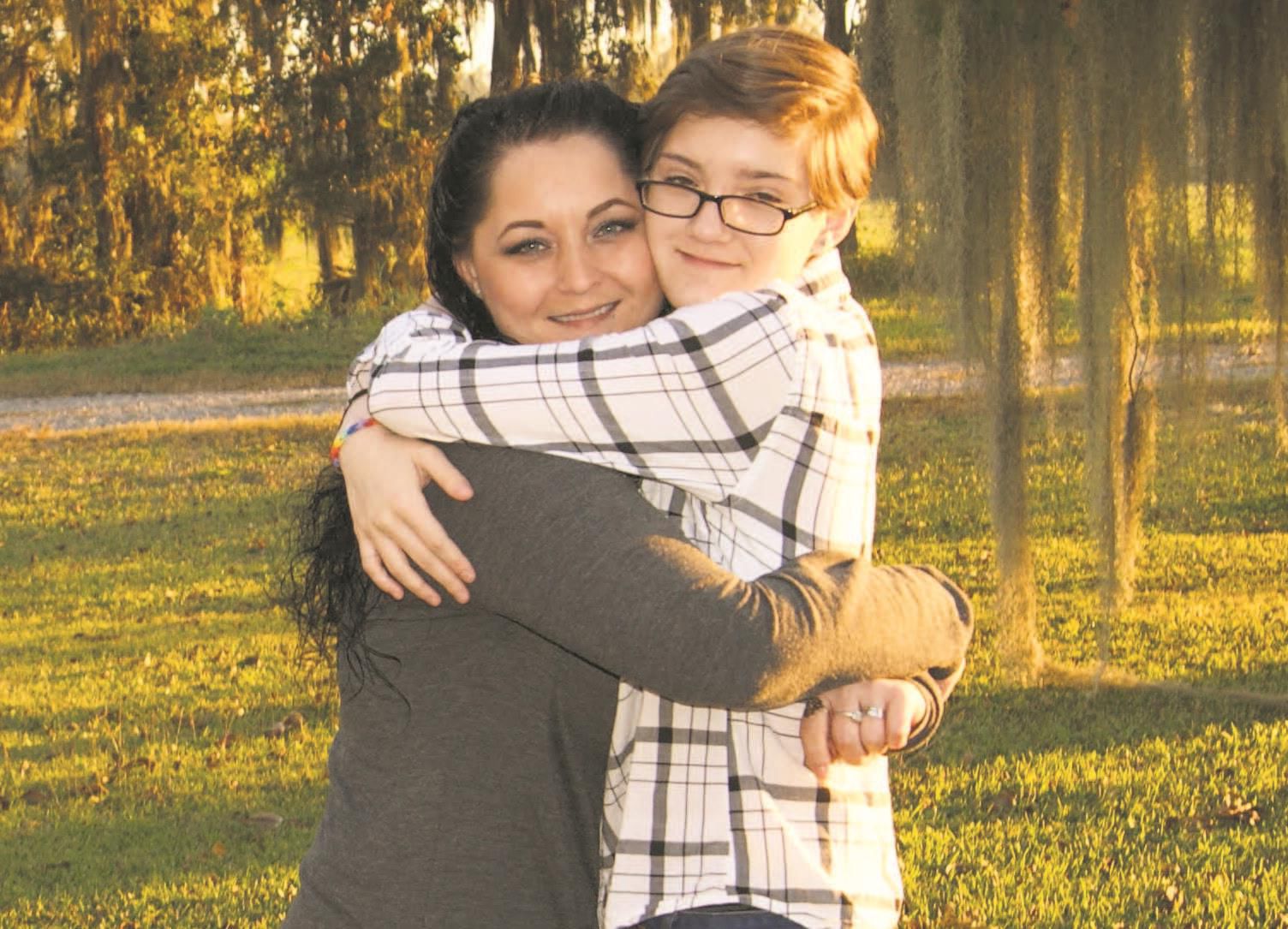
Teen living between 2 worlds
November 23, 2016
Lawrence Dugas
November 23, 2016The following article by Nancy Diedrich, LPC entitled “What Are We Truly and Deeply Grateful For?” was originally published in the November 2016 issue of the Bayou Catholic.
Gratitude means thankfulness, counting your blessings, noticing simple pleasures, and acknowledging everything that we receive. It means learning to live our lives as if everything were a miracle, and always being aware of how much we’ve been given.
Gratitude shifts our focus from what our lives lack to the richness that we already have. In addition, behavioral and psychological research has shown an abundance of life improvements that can stem from the practice of gratitude. Giving thanks makes people happier and more resilient, it strengthens relationships, it improves health, and it reduces stress.
Research has shown in one study after another that gratitude heightens the quality of life in people who consciously practice feeling thankful for the blessings in their lives.
A renowned Psychologist, Robert Emmons of the University of California at Davis, has written much on gratitude and its impact on well-being. His research and writings indicate that daily gratitude exercises result in higher reported levels of alertness, enthusiasm, determination, optimism, and energy.
In addition, Dr. Emmons’ research shows that those who practice gratitude tend to be more creative, bounce back more quickly from adversity, have a stronger immune system, and have stronger social relationships than those who don’t practice gratitude.
There are many ways to practice gratitude. A common method to develop the practice of gratitude is to keep a gratitude journal. This exercise consists of writing down every day a list of three to 10 things for which you are grateful; you can do this first thing in the morning or before going to bed at night. This exercise helps a person to recognize people, places things and daily experiences as blessings, rather than just ordinary people, places, things and experiences.
Practicing gratitude is intentional. Each day we might see the same co-workers, friends or family members, but as we practice being grateful for them, we will see them in an entirely different way. We may see something good about them that we overlooked before. This intentional approach to being thankful can cause more happiness and heighten the quality of our lives one day at a time.
Every minute of every day is a gift. Every person in our lives is a gift. Every reward, every problem, every boost up, every let down – they are all blessings from which people learn and grow. When people learn to see the potential for good in every aspect of their lives intentionally, they can then begin to experience gratitude.
Once we become oriented toward looking for things to be grateful for, we will find that we begin to appreciate simple pleasures and things that we previously took for granted. Gratitude should not be just a reaction to getting what we want, but an all-the-time gratitude, the kind where we notice the little things and where we constantly look for the good even in unpleasant situations. Today, start bringing gratitude to your experiences, instead of waiting for a positive experience to feel grateful.
With Thanksgiving Day quickly approaching, it is a very appropriate time to consider the practice of gratitude. It’s a great way to see the world differently, to appreciate all the blessings in our lives, and to face each day with a grateful attitude. Remember, giving thanks makes people happier and more resilient, it strengthens relationships, it improves health, and it reduces stress.
We can celebrate Thanksgiving 365 days a year. Meister Eckhart (1260-1328), the German theologian, philosopher and mystic, once said, “If the only prayer you say in your life is ‘thank you,’ that would suffice.” Start right now to have a thankful attitude!





